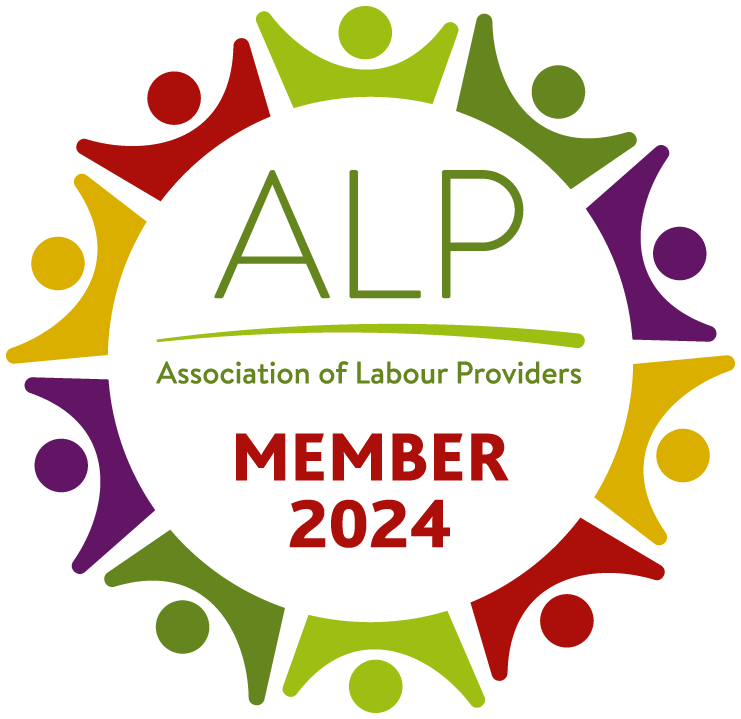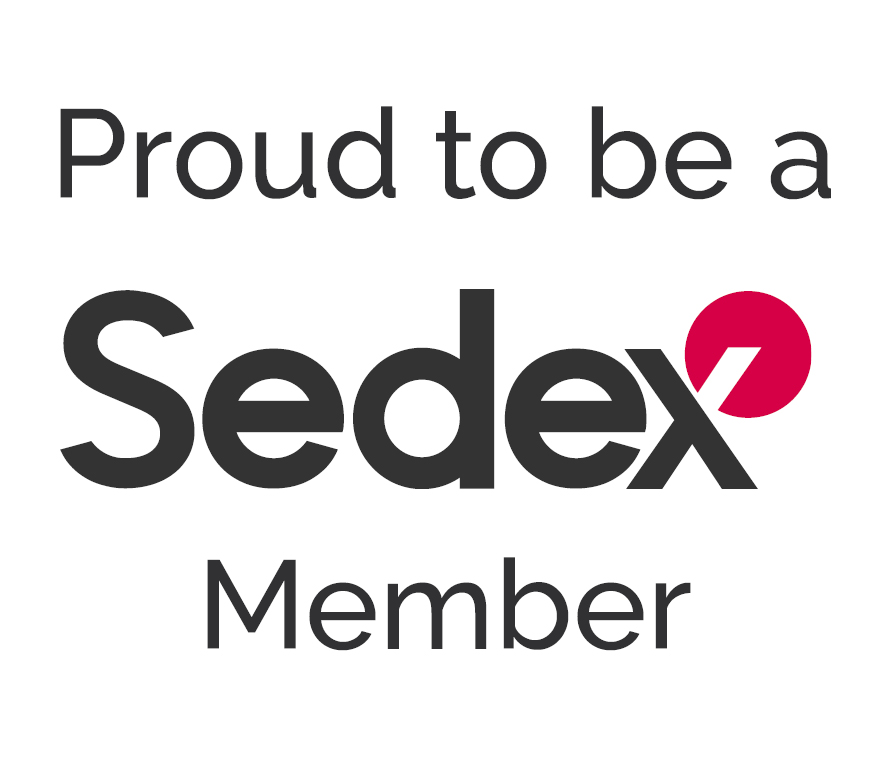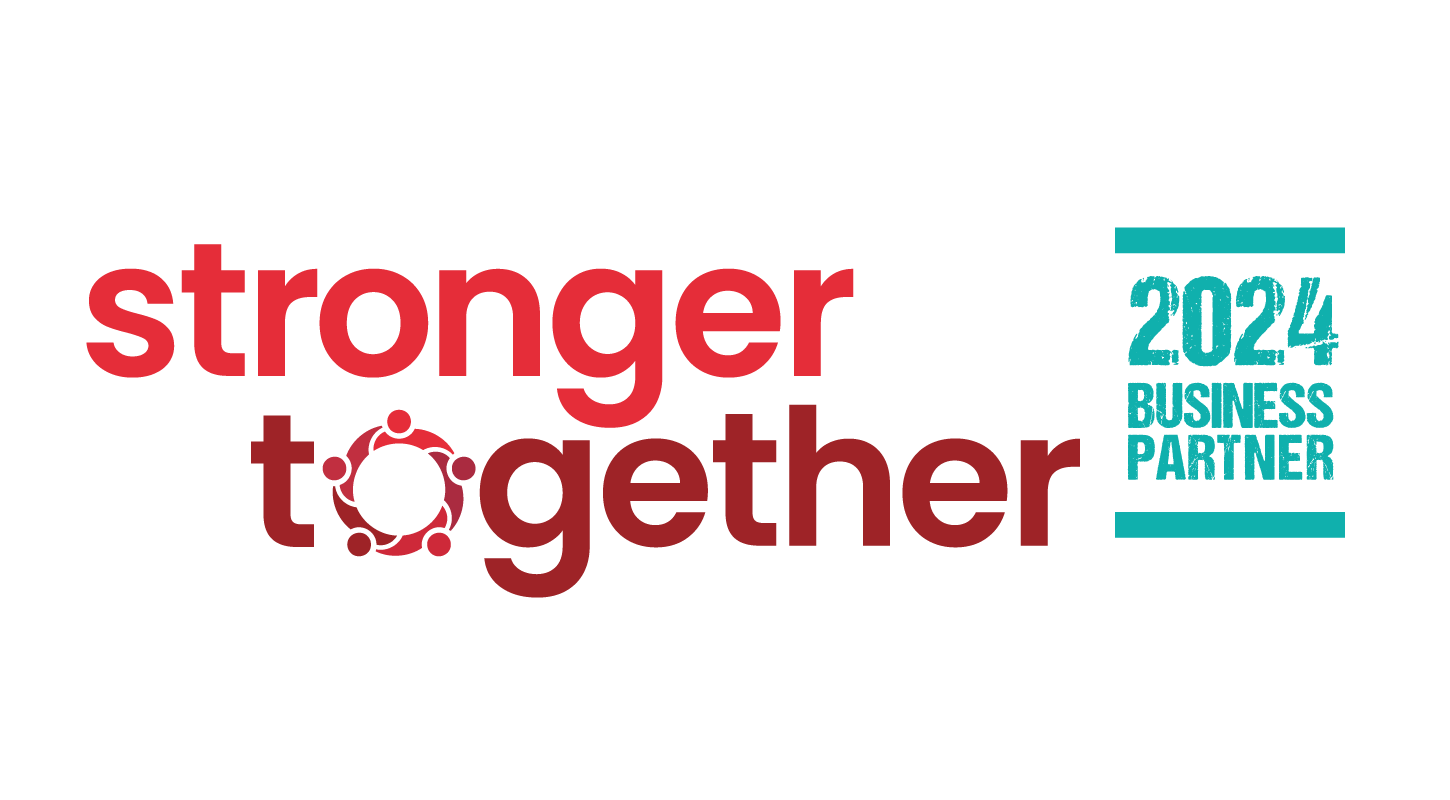Succeeding in interviews
Preparing for interviews
You’ve impressed them with your CV and covering letter, and now you’ve got that all important interview.
Before the interview
Do your homework
Before the big day, visit the organisations website and review the job description. Read up on the skills they’re looking for and whether you meet those requirements. Then think about any examples that you can talk about that demonstrate those skills or behaviours.
Plan your travel and the unexpected
There’s nothing worse than getting lost or missing trains before an interview. Of course, things can happen that are out of your control and it’s important to inform your interviewer if you’re going to be late. Leave early and you’ll feel more prepared and composed on arrival.

At the interview
Don’t panic
It’s natural to feel nervous before an interview. But don’t panic if things don’t go according to plan. If a questions throws you off track, ask for a moment to think about it and compose yourself. If you’re really stressed, let your interviewer know; this will help them understand your situation and make you feel at ease. They don’t want to catch you out – they just want to see if you have the right skills and motivation for the role.
Watch your body language
If, when under pressure, you tend to play with your hair, bite your lip, or anything else, try not to do so during the interview. Instead, look the interviewer in the eye, sit up straight and try not to slouch.
First impressions last
First impressions count. Make sure you’re wearing something appropriate for the interview that’s not too uncomfortable. Your handshake is important, so look the interviewer in the eye and shake firmly.
Listen and answer the questions
You may have prepared answers for some questions. However, don’t answer a question with a response that doesn’t relate to it. Listen carefully to the interviewer and make sure you answer appropriately and don’t be afraid to ask the interviewer to elaborate or repeat themselves if you’re unsure.
Change your examples
If an interviewer wants you to demonstrate your communication skills, team working talents and business ability, don’t use the same example for every question. Try to think of various ways to highlight your skills, perhaps by talking about things you do outside work or university.
Come prepared with questions
Ask questions about the role and the organisation – this will show that you are interested. For example:
- How many people are in the team I may be working in?
- What’s the best thing about working here?
- When can I expect to hear about your decision?
Look interested and leave on a positive note
Smile, nod and show you are interested in what your interviewer is saying. If you look bored or don’t maintain eye contact, your interviewer may think you’re not interested in the job. Even if, at the end of the interview, you decide the role isn’t right for you, thank them for their time and remain enthusiastic. It’s always best to be professional.
Typical questions you may face
Interviewers will ask you many different questions. The key to answering them successfully is simple; be prepared! Look at the job description, advertisement and the organisations website. What are they looking for from their people? Then consider your relevant skills and experience and how you can demonstrate them in the interview. A project or work experience role that didn’t seem important at the time may be an excellent subject to discuss. Here are some questions your interviewer may ask.
- Why have you applied for this role?
- What attracted you to this organisation?
- Tell me about a time you had to work under pressure
- Tell me about a time you had to resolve conflict in a team
- Tell me about yourself ….
- What are your key skills / strengths?
- What are your weaknesses?
- Where do you see yourself in five years?





